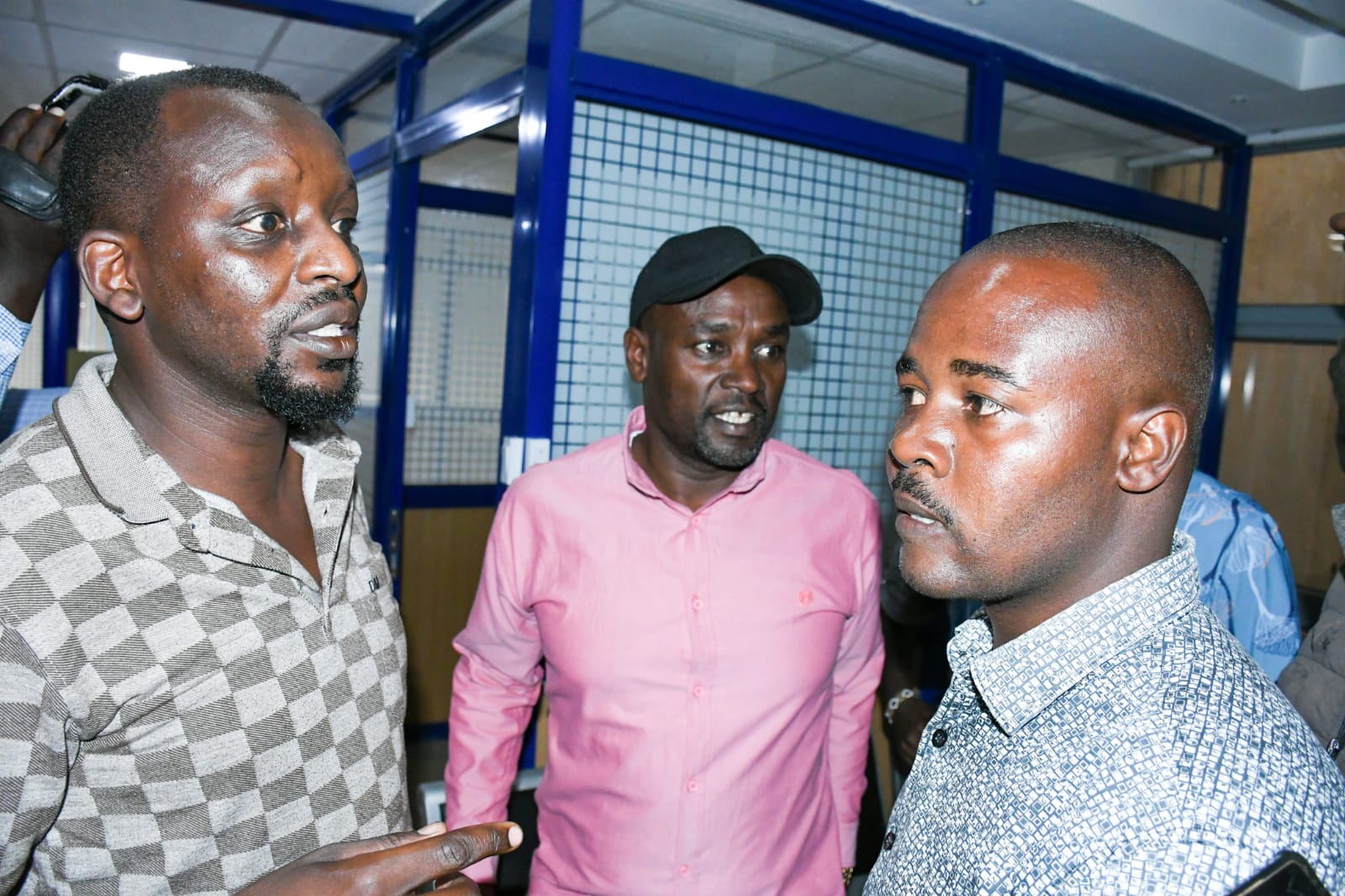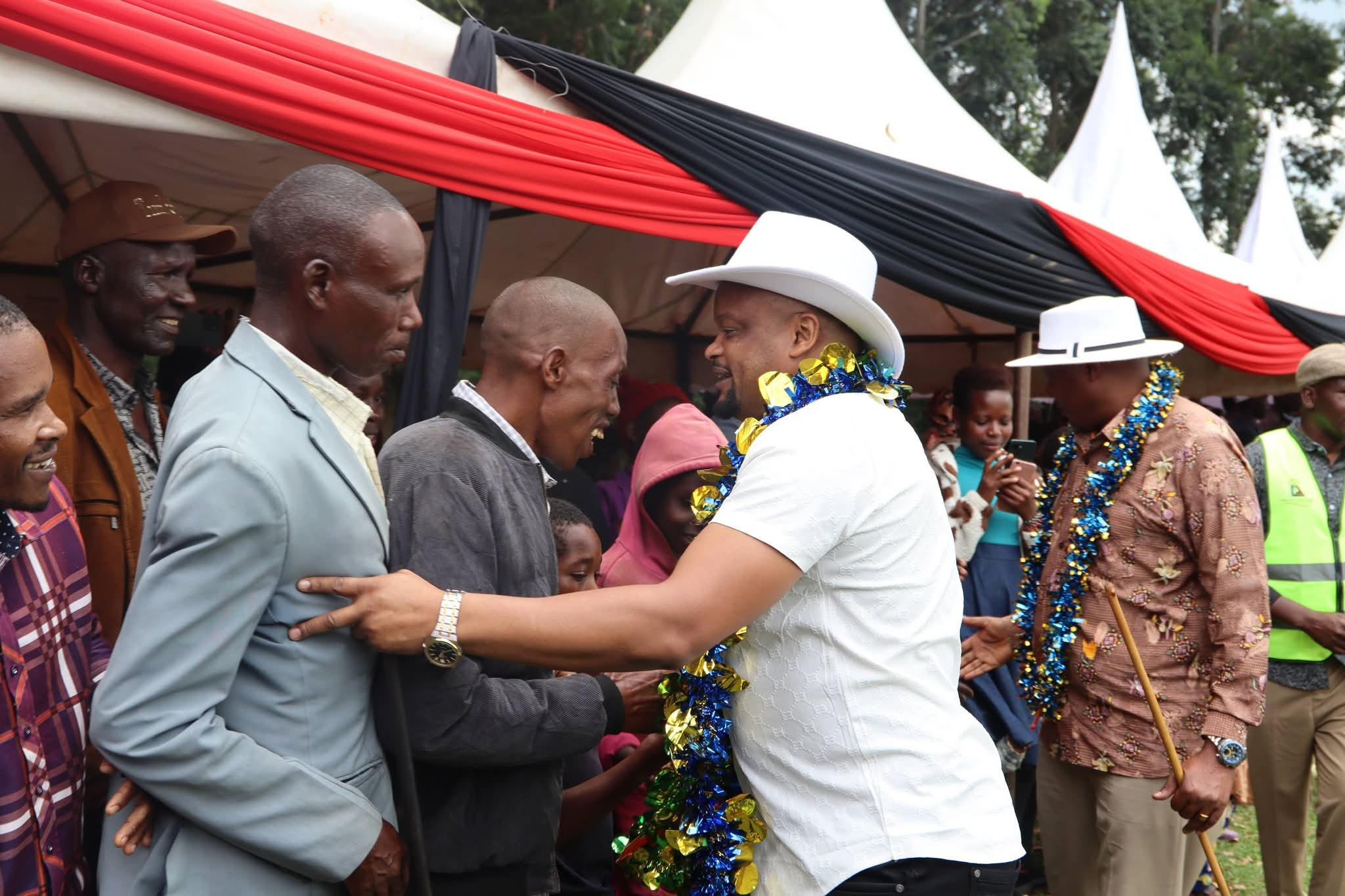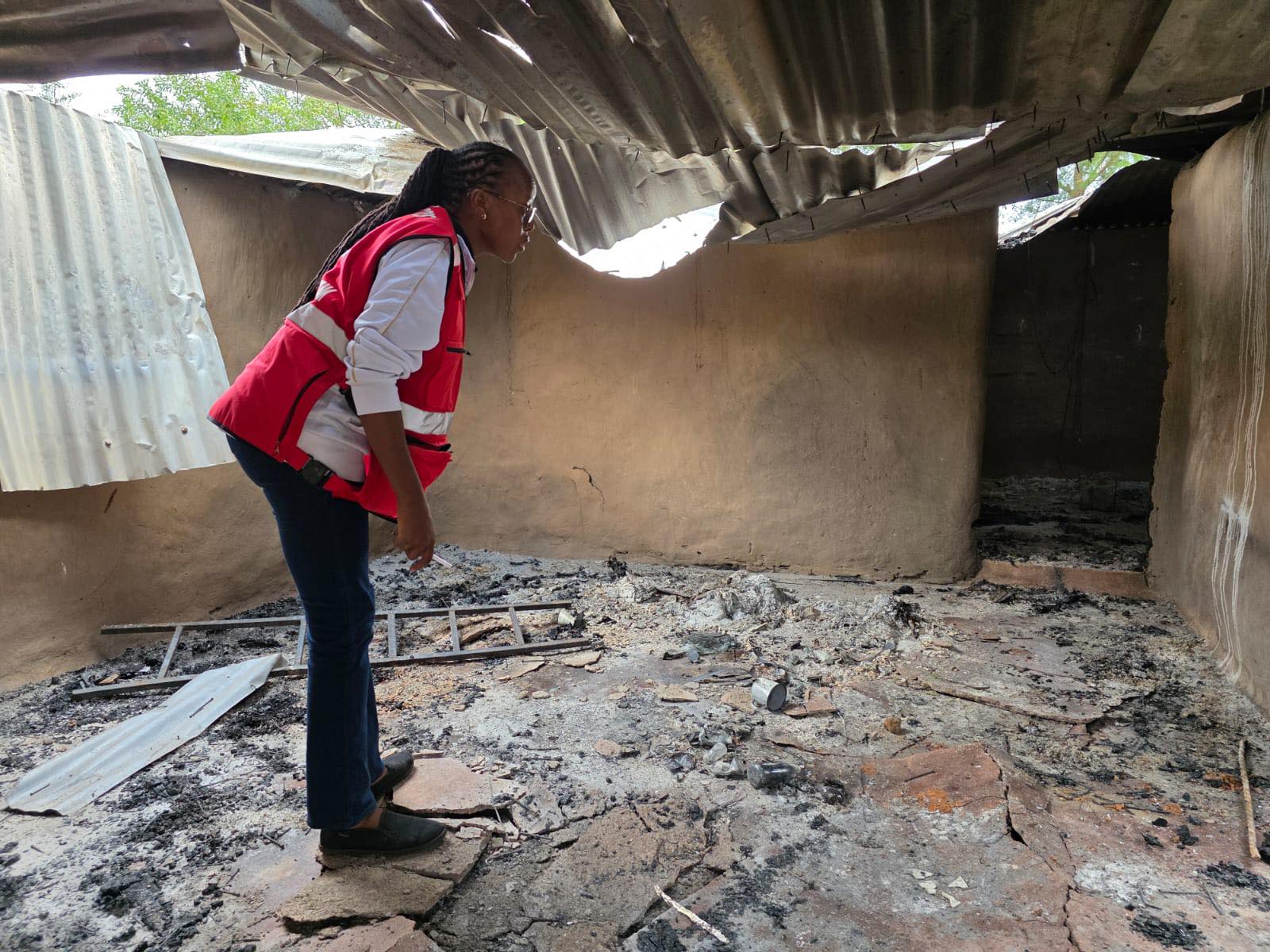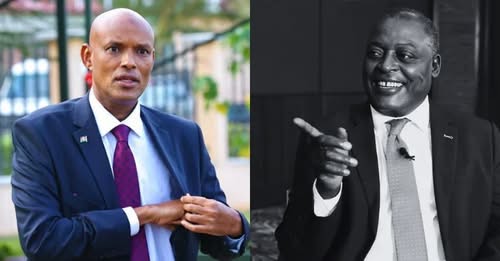Breaking the Cycle: How Kenya’s Politics Lost Its Soul—And How We Can Reclaim It

The Golden Era of Service—When Politics Meant Sacrifice
In the early years of independence, Kenya’s political landscape was painted with hope. Leaders like Martin Shikuku, Jean-Marie Seroney, Jelagat Mutai and James Orengo stepped into politics not for wealth or fame, but because they genuinely believed in serving the people. Campaigns were simple affairs. Aspirants gathered in village squares or under the shade of acacia trees, taking turns to speak directly to voters. There were no flashy helicopters, no branded trucks blasting music, and no envelopes stuffed with cash. Politics was about ideas, not money.
Back then, being an MP wasn’t a ticket to riches. Salaries were modest, and perks were few. The men and women who vied for office often came from humble backgrounds—teachers, farmers, trade unionists—who saw leadership as a duty, not a business venture. They walked door-to-door, listened to grievances, and promised to fight for their communities. Elections were about trust, not transactions.
But something shifted. Slowly, quietly, the soul of Kenyan politics began to rot.
2003—The Year Politics Became a Money Machine
The creation of the Constituency Development Fund (CDF) in 2003 was sold to Kenyans as a way to decentralize resources and empower local communities. Instead, it became the catalyst for a political revolution—one that turned public service into a get-rich-quick scheme. MPs voted to triple their salaries, award themselves car grants, and secure retirement packages worth millions after just two terms. Overnight, politics became Kenya’s most lucrative career.
The floodgates opened. Suddenly, everyone wanted a piece of the pie. Bankrupt businessmen, land grabbers, and even cartels saw political office as a golden shield—a way to launder their reputations and protect their wealth. Campaigns morphed into cash-eating monsters. Candidates now needed millions to compete, and voters began expecting “something small” just to attend rallies.
Politicians who once promised schools and hospitals now whispered, “Tutagawia kitu kidogo” (“We’ll share something small”). The message was clear: Your vote has a price tag.
The Voters’ Trap—How Poverty Fuels the Corruption Cycle
Imagine you’re a farmer in Kakamega. Your children walk 10 kilometers to school. The nearest clinic has no drugs. Your MP drives past in a Land Cruiser, windows tinted, surrounded by bodyguards. Then, during campaigns, he arrives with a convoy of trucks, blaring music, handing out 500-shilling notes and sacks of maize flour. You know he’s stolen billions from the CDF. But your youngest is sick, and you haven’t eaten in two days. What do you do?
This is the trap millions of Kenyans face. Poverty and desperation make voters vulnerable. Politicians exploit this, turning elections into auctions. The result? We elect thieves who spend five years recouping their “campaign investment” through looting—only to bribe their way back into power again.
But here’s the bitter truth: When we accept handouts, we sell our future. That 500 shilling note might feed your family tonight, but it robs your children of schools, roads, and hospitals tomorrow.
The Rise of Political Zombies—Parties Without Principles
Kenya’s political parties have become empty shells. They have no ideology, no vision, and no loyalty to voters. Parties like Jubilee and ODM, once symbols of hope, now resemble taxi ranks—politicians hop in and out based on who offers the best deal.
Today’s politicians are “briefcase leaders.” They register parties overnight, print T-shirts, and disappear after elections. Their only mission? To secure tenders, appoint cronies to parastatals, and stash public funds offshore. Meanwhile, voters are left with empty promises and a broken system.
But this isn’t just the politicians’ fault. We enable them. Every time we vote for a candidate because they’re “our tribesman” or because they gave us a wheelbarrow, we breathe life into this monster.
Reclaiming Our Power—A Call to Action
Kenya is at a crossroads. We can continue down this path—where politics is a game for the rich, and voters are mere spectators—or we can choose to rewrite the story. Here’s how:
1. Say No to Handouts: Next time a politician offers you money, ask yourself: Is my dignity worth 500 shillings? Refuse to be bought.
2. Demand Accountability: Attend town halls. Ask candidates tough questions: Where will you get campaign funds? Will you publish your wealth?
3. Vote for Ideas, Not Personalities: Support candidates with clear plans for healthcare, jobs, and education—not those who rely on empty slogans.
4. Resurrect Grassroots Movements: The fight for multiparty democracy in the 1990s proved our power. Let’s revive that spirit through local activism.
5. Leverage Youth Power: Over 75% of Kenyans are under 35. Use social media to shame corrupt leaders and mobilize peers.
Final Word: Kenya’s Redemption Starts With You
Corruption isn’t in our DNA. It’s a cancer planted by greedy leaders and sustained by our silence. But history shows we can change. The heroes of 1963 fought colonialism. The activists of the 1990s ended one-party rule. Today, it’s our turn.
The next election isn’t about Uhuru, Ruto, or Raila. It’s about you. Will you vote for the same old faces, or will you dare to demand better? Let’s drain the swamp. Remember: A thief can’t steal if we refuse to open the door. Let’s slam it shut—for good.
“A people that values its privileges above its principles soon loses both.” — Jomo Kenyatta (words he forgot to live by).
The writer is an Advocate of the High Court of Kenya and a political analyst.







Comments (0)
No comments yet. Be the first to comment!